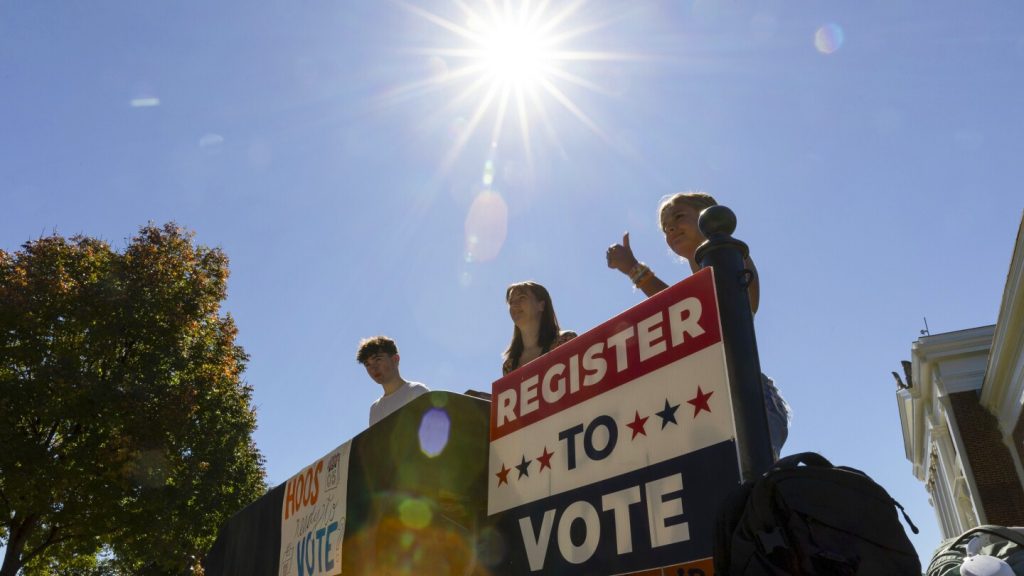The upcoming election is seen by many as a critical moment that will shape the future of the country and its democratic values. Charlottesville, Virginia, a city with a rich history and a recent past marred by violence and division, serves as a microcosm of the complex opinions surrounding the election. In 2017, the city was the site of the “Unite the Right” rally, where white nationalists and neo-Nazis gathered to spread racist and antisemitic rhetoric, resulting in violence and a tragic loss of life. President Joe Biden has cited this event as a factor in his decision to run for office.
In Charlottesville, voters express a wide range of perspectives on the election, reflecting the diverse and multifaceted nature of the country itself. Racial justice activist Jalane Schmidt highlights the danger posed by extremists and warns of the threat to democracy if certain ideologies are allowed to prevail. Pastor Rob Pochek emphasizes the importance of not viewing political opponents as enemies and encourages his congregation to focus on common values rather than divisive politics.
Susan Bro, whose daughter was killed during the “Unite the Right” rally, has been awakened to the harsh realities of racism and hatred in the country. She expresses fear about the future under another term of President Trump and worries about the survival of democracy. However, she also acknowledges the need for individuals to be aware of their own tendencies towards vitriol and division, urging people to find common ground.
While some voters like Dan and Ruth Suggs see Trump and Harris as relatively equal candidates, others like Kushaan Soodan and Arturo Romero, both students from immigrant families, view the election through a more personal lens. Soodan emphasizes the importance of rejecting hate and maintaining democracy, while Romero expresses support for Trump’s policies and concerns about the consequences of a Harris victory. Each voter’s background and experiences shape their perspective on the election.
Leslie Scott-Jones, a Charlottesville native, reflects on the deeper roots of racism in the country and questions the efficacy of the current political system in addressing systemic issues. She advocates for a reimagining of the system and supports third-party candidate Cornel West as a way to challenge the status quo. Despite concerns about potential political violence and division post-election, she believes that the country’s future depends on more than just who occupies the White House.
Overall, the residents of Charlottesville exemplify the complexity and divisiveness of the current political climate in the United States. Their diverse perspectives illustrate the deep-seated issues of racism, extremism, and political polarization that continue to shape the country’s democratic landscape. As the election approaches, the nation grapples with fundamental questions about its identity and future direction.















